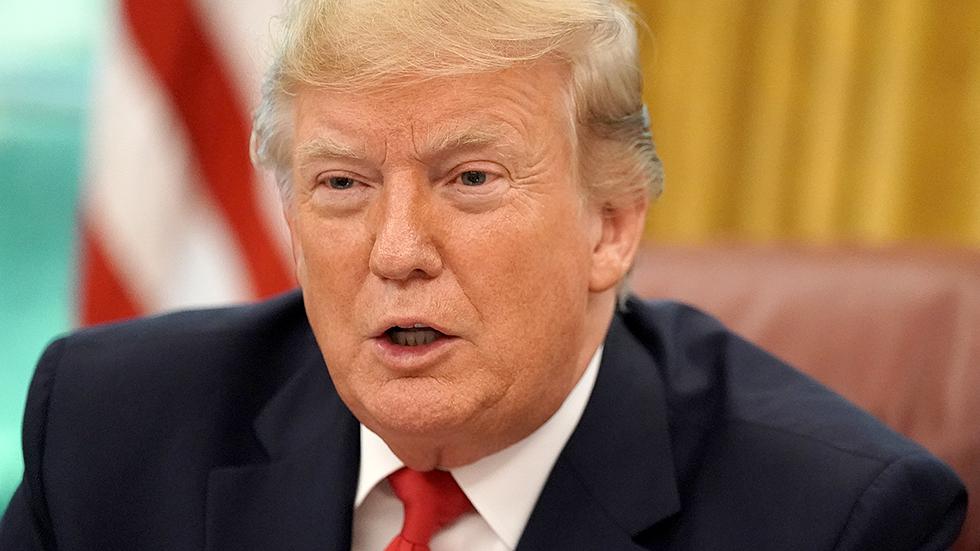In the tumultuous landscape of global trade,the relentless winds of economic policy have recently stirred up a storm of controversy. As President TrumpS trade war among allies rages on, tensions between the United States, Canada, adn Mexico have reached a boiling point, prompting retaliatory measures from our neighbors to the north and south. this article delves into the intricacies of this trade skirmish and its potential implications on the delicate fabric of international relations.
Trump’s Tariffs on Steel and Aluminum spark Trade Disputes with Canada and Mexico
President Trump’s decision to impose tariffs on steel and aluminum imports from Canada and Mexico has escalated into a full-blown trade war among allies. In retaliation, both countries have announced their own set of tariffs on U.S. products, further fueling tensions between the North American trading partners.
The trade dispute has raised concerns about the potential impact on businesses and consumers in all three countries. With the threat of escalating tariffs looming, the future of trade relations within North America remains uncertain. The repercussions of these actions could have far-reaching consequences for the global economy.
Impact of Retaliatory Measures on US Exports and Economy
The ongoing trade war instigated by president Trump has led to retaliatory measures from key allies such as Canada and Mexico,impacting US exports and economy. These retaliatory actions have created a ripple effect across various industries,causing uncertainty and disruption in the global market.
As an inevitable result of these escalating tensions, US exports to Canada and Mexico have taken a hit, with tariffs being imposed on key products such as steel, aluminum, and agricultural goods. The uncertainty surrounding the future of trade relations with these countries has also caused fluctuations in the stock market and raised concerns about the overall impact on the US economy. It remains to be seen how these retaliatory measures will continue to unfold and what the long-term effects will be on both US exports and the economy as a whole.
Challenges in Resolving Trade Tensions and Seeking Diplomatic Solutions
Amidst increasing trade tensions between the United States and its allies, President Trump’s aggressive stance on tariffs has prompted retaliation from both Canada and Mexico. The imposition of tariffs on steel and aluminum imports has not only strained trade relations but also raised concerns about the potential impact on the global economy.
With negotiations at a standstill and both sides unwilling to back down, finding a diplomatic solution to the escalating trade war has become increasingly challenging.The uncertainty surrounding the future of trade agreements and the potential for further retaliatory measures has created a sense of unease among businesses and consumers alike. As the trade war intensifies, the need for a constructive dialog and a mutually beneficial resolution is more pressing than ever.
Potential Strategies for Negotiation and De-escalating Trade Conflict
Amidst escalating trade tensions,the Trump governance’s decision to impose tariffs on steel and aluminum imports from Canada and Mexico has sparked retaliatory measures from both countries. This move has further strained relations with two key allies and threatens to intensify global trade conflicts.
As negotiations continue, potential strategies for de-escalating the trade conflict include:
- Seeking diplomatic solutions through dialogue and negotiation
- Considering choice trade agreements to mitigate the impact of tariffs
- Exploring opportunities for compromise and finding common ground
The Conclusion
as tensions continue to rise and retaliation escalates between the United States, Canada, and Mexico, the implications of Trump’s trade war among allies are becoming increasingly apparent. The economic and political ramifications of these actions remain uncertain as all parties navigate this complex and fraught situation. only time will tell how this trade war will ultimately impact the relationships between these countries and the global economy as a whole. Stay tuned for further developments on this ongoing saga.


